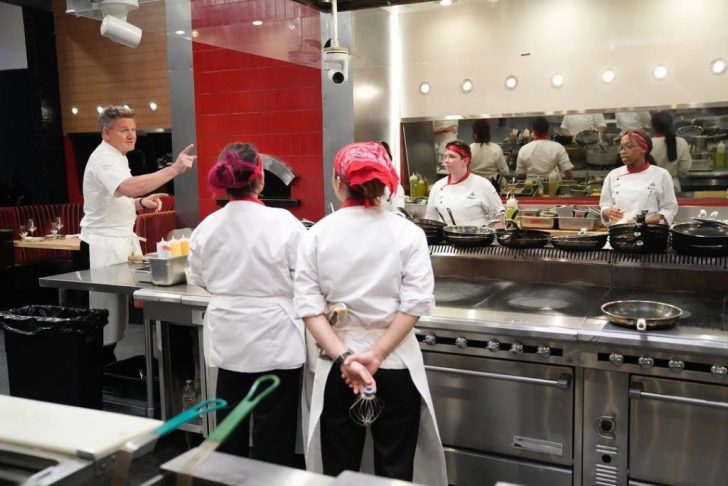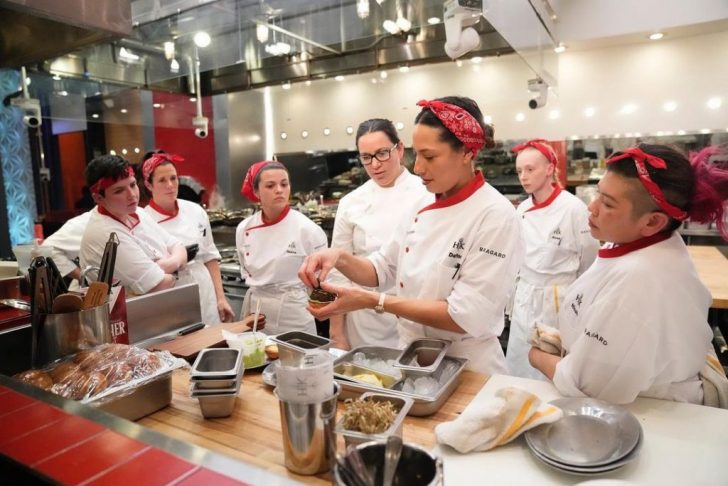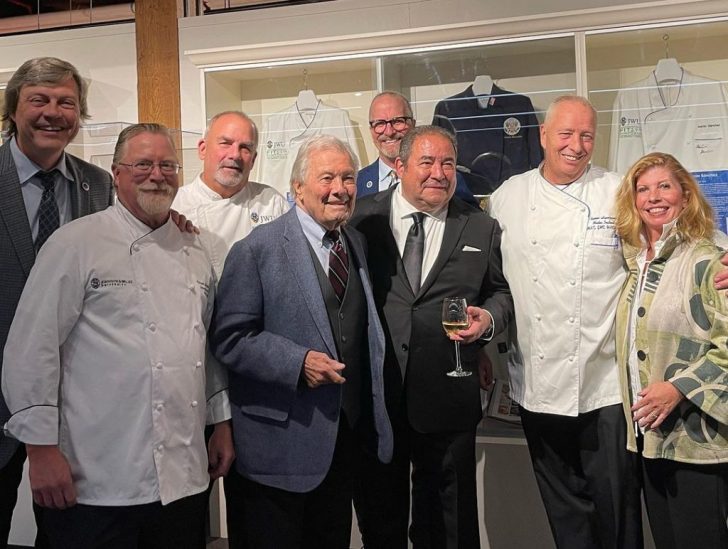Gordon Ramsay has become a household name synonymous with culinary excellence and explosive kitchen drama. His distinctive approach to cooking and his brash television personality has stirred up a rich broth of opinions from his peers. These chefs, icons in their own kitchens, slice through the on-screen facade to offer a taste of their views on the real Ramsay.

Hell’s Kitchen / IG / Gordon Ramsay, now 51, is a whole different persona in the opinions of other chefs.
Aarón Sánchez: From Hell’s Kitchen to Heavens of Flavor
Esteemed chef who has shared the screen with Ramsay, Aarón Sánchez offers a counterpoint to the skeptics. To Sánchez, Ramsay’s culinary skills are nothing short of inspirational. He admires the fiery chef for his meticulous attention to detail and profound understanding of gastronomy.
Sánchez’s praise underscores Ramsay’s influence on chefs worldwide. Thus, pointing to his dedication and skill as ingredients for his global success.
The Mentor’s Musings: Marco Pierre White
Marco Pierre White, a gastronomic genius who once guided Ramsay in his formative years, has served up a complex critique of his one-time pupil. White acknowledges Ramsay’s genius at the stove. But he questions his acumen as a restaurateur. Thus, hinting that the skills required to master the kitchen do not necessarily translate to managing a restaurant empire.

Hell’s Kitchen / IG / For Marco Pierre White, Ramsay is not a good restaurateur.
According to White, the finesse of flavors and textures that Ramsay can create may not always align with the delicate balance needed to sustain a thriving business.
Eric Ripert’s Quiet Contemplation
Known for his poise and the sublime seafood at Le Bernardin, Eric Ripert views Ramsay’s “Hell’s Kitchen” through a lens of calm criticism. Ripert has voiced his opinion that the show could potentially discourage would-be chefs with its harsh portrayal of kitchen life.
He champions an ethos of passion and learning in cooking. A stark contrast to the heated environment of Ramsay’s television series.
Jacques Pépin: A Recipe for Realism
When Jacques Pépin, a cherished figure in culinary education, critiques Ramsay’s “Hell’s Kitchen,” he speaks with the authority of years steeped in both cooking and teaching. Pépin sees the show as a spectacle far removed from the true nature of a professional kitchen.
He emphasizes the harmony and discipline that are hallmarks of a chef’s world, elements he finds lacking in the televised chaos that Ramsay is known for.

Jacq / IG / According to renowned chef, Jacques Pépin, Ramsay’s “Hell’s Kitchen” is NOT realistic.
Gordon Ramsay: The Television Phenomenon
Gordon Ramsay’s identity is a concoction of his actual self and the character crafted for consumption by a television audience. The drama, quick tempers, and sharp language that punctuate his shows are designed for ratings. Meaning, they do not necessarily reflect the day-to-day reality of culinary life. Yet, they are enough to capture the imagination of viewers and bring an unprecedented focus on the culinary arts.
Dissecting Ramsay’s impact on the food industry reveals a tangle of influences. He has sparked a newfound appreciation for culinary arts, inviting many to explore and experiment in their own kitchens. Ramsay’s harsh methods on television also prompt valuable discussions about kitchen culture and culinary education. Thus, challenging the industry to reflect on its practices and values.
